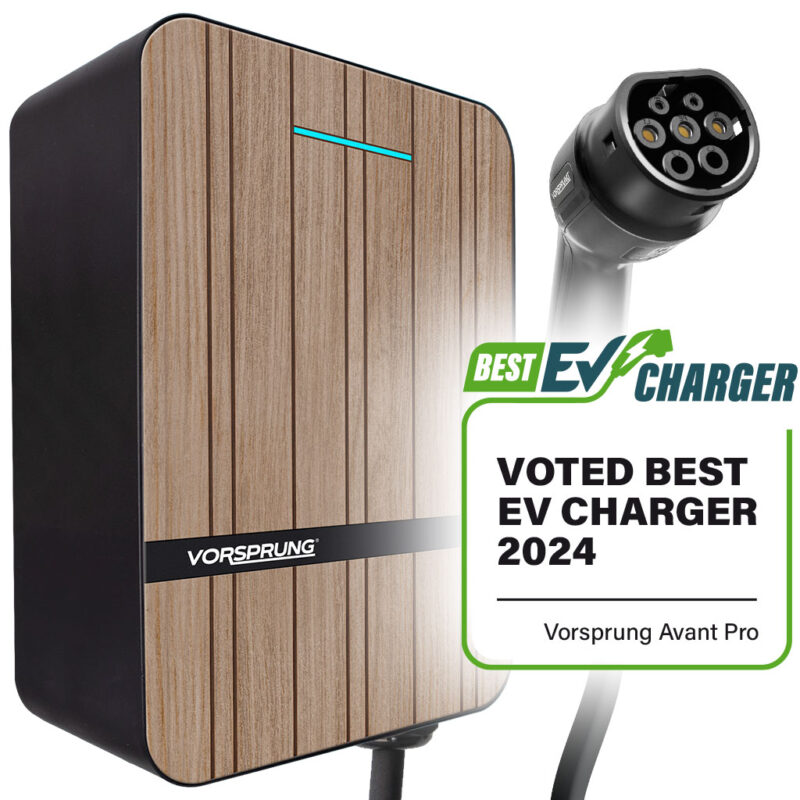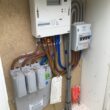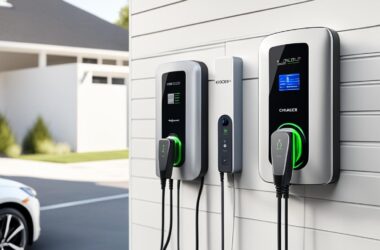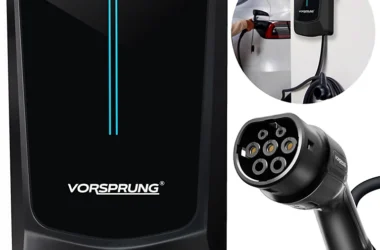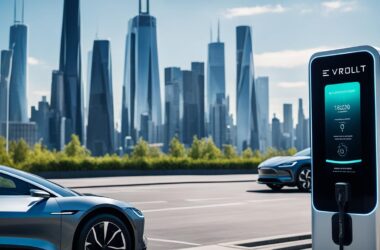Are you considering installing an electric car charger at home? Understanding the costs involved is essential for budgeting. Here’s a breakdown of the average installation costs you can expect in the UK.
Average Installation Costs
- Electric Car Charger – Supply Only:
- 3kW: £250 – £500 (£375 average)
- 7kW: £450 – £800 (£625 average)
- Electric Car Charger with Installation: £1,000 (£650 with government grant)
- Trench and Backfill (Soft Ground Only): £30 per meter (minimum digger hire charge: £300)
- Workplace Installation: £1,000 to £1,500https://vorsprungofficial.com/products/commercial-ev-wall-charger-debit-credit-card-payments-smart-app-w-wifi-bluetooth-5-metre-32a-7-4kw-pen-protection
Government Grants
Homeowners used to be eligible for a UK government grant of up to £350 for electric car charging point installation. However, as of March 2022, only landlords or individuals living in flats qualify. To be eligible, you must own an eligible electric vehicle and have your own off-street parking space.
Electrician Costs
The average electric car charger home installation cost is approximately £45 – £60 per hour for an electrician. As a day rate, it amounts to about £400 per day. Alternatively, you can consult local electric car charger specialists for more precise pricing.
Popular Brands and Installation Costs
Pod Point offers their Solo 3 charger for £798, including supply and installation. Installation typically takes around 2 hours.
Workplace Installation Considerations
Factors affecting workplace installation costs include charger make and model, number of chargers, and required cables and fixtures. Businesses may also benefit from the UK government’s Workplace Charging Scheme for Electric Vehicles, offering up to £350 per charger.
Additional Installation Costs
Other potential expenses include fuse box upgrades, isolator switch installation, rapid charging cables, driveway construction, and security lighting.
Factors Affecting Costs
Consider factors like charger type (slow or fast), brand, and smart features when determining installation costs. Smart chargers offer more control and may be eligible for grants.
Charging and Running Costs
Charging an electric vehicle at home is generally the cheapest option. Average costs for charging at home and in public locations are provided.
Benefits of Home Installation
Home installation offers convenience, cost-effectiveness, and faster charging compared to public options.
Installation Process and Considerations
Installation typically takes 2-4 hours and requires a qualified electrician. Consider accessibility, visibility, cable management, and Wi-Fi signal strength when choosing a location.
Professional Installation Recommended
Hiring a certified and OZEV-approved installer is crucial for safety and compliance. Proper installation ensures efficient charging and prevents potential hazards.
Getting Installation Quotes
Use reliable sources to get installation quotes tailored to your needs. Provide all necessary details to ensure accurate pricing.
Conclusion
Installing an electric car charger at home offers numerous benefits, including convenience, cost savings, and increased property appeal. Understanding installation costs and considerations is essential for making informed decisions. Always prioritize safety and seek professional assistance for installation.





